2025
Comparably’s Best Company Outlook
* Providing engineering services in these locations through SWCA Environmental Consulting & Engineering, Inc., an affiliate of SWCA.

From the experts we hire, to the clients we partner with, our greatest opportunity for success lies in our ability to bring the best team together for every project.
That’s why:
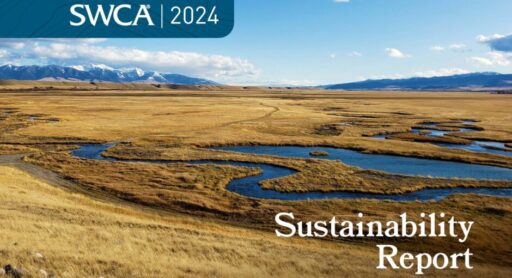
At SWCA, sustainability means balancing humanity’s social, economic, and environmental needs to provide a healthy planet for future generations.
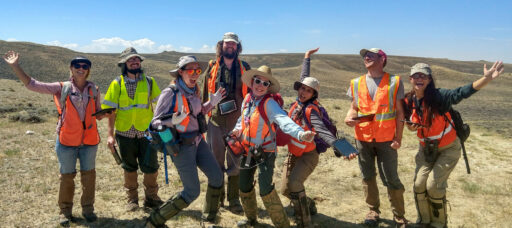
SWCA employs smart, talented, problem-solvers dedicated to our purpose of preserving natural and cultural resources for tomorrow while enabling projects that benefit people today.

At SWCA, you’re not just an employee. You’re an owner. Everyone you work with has a stake in your success, so your hard work pays off – for the clients, for the company, and for your retirement goals.
Transportation
Transportation infrastructure is vital to public safety and a strong economy, enabling efficient movement of people and goods and supporting millions of jobs.

For questions or further information, please fill out the form below.


SWCA has developed a transportation consulting practice with highly skilled project managers supported by teams of scientists, planners, and local experts. From environmental planning to permitting and compliance, SWCA has the experience and resources to be our clients’ one-stop environmental consulting firm to help move transportation projects forward, no matter how complex.
Since 1981, SWCA has supported numerous State Departments of Transportation, regional transportation authorities, municipal public works departments, marine port and airport authorities, and engineering firms throughout the country. In every case, wherever the project and however large or small, our single focus is to provide meaningful environmental consulting, constructive ideas, and active project management to support our clients’ transportation projects through completion, efficiently and successfully.

SWCA is dedicated to preserving ecological integrity while advancing transportation projects in compliance with applicable laws and regulations. Our qualified biologists, scientists, and local experts have a thorough knowledge of the natural environment and local conditions. We specialize in performing assessments for protected species, aquatic features, and other sensitive environmental resources for transportation-related projects across the country. We routinely coordinate complex biological issues with project engineers and regulatory agencies to avoid or mitigate potential impacts to these resources and satisfy compliance for projects.
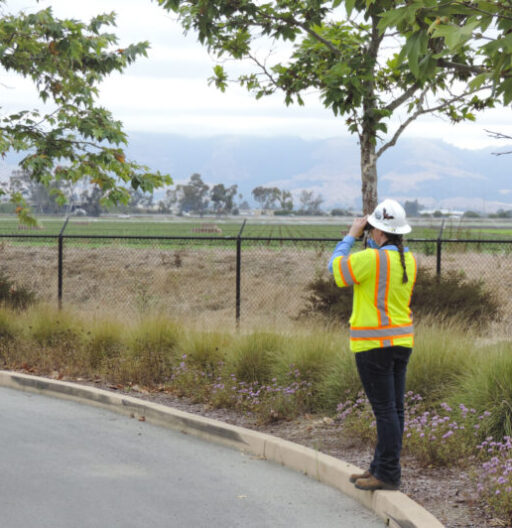
SWCA ensures that transportation projects meet environmental regulations and NEPA-driven requirements during the construction phase. Our transportation environmental compliance teams have experience from bid-build to complex alternative delivery projects, understanding our role in the bigger picture. SWCA develops integrated compliance management plans working with project owners, designers and contractors to meet the project goals of compliance and schedule. SWCA is uniquely set up with a strong bench of experienced environmental inspectors, as well as a wide range of environmental resource experts to meet the project’s compliance requirements ranging from simple to complex preconstruction resource studies, to compliance effort tracking and reporting. Our restoration design plans and post construction monitoring services guarantee effective and efficient post construction recovery, promoting sustainable project outcomes and fast project closeout.
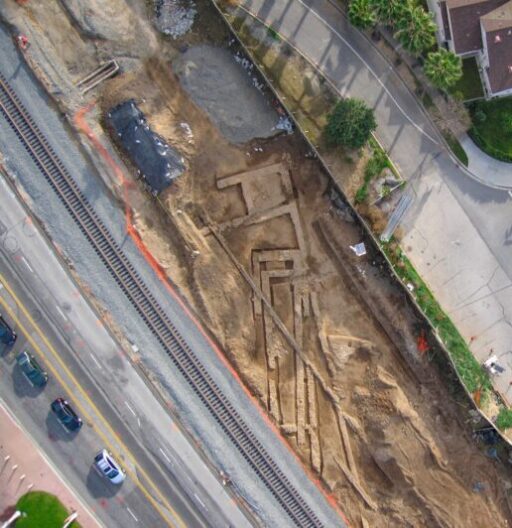
Cultural resources, both below and above ground, can be critical issues in the development of transportation projects. Our cultural resources practitioners are experts in navigating the often complex regulatory and community matters involving transportation planning. Our services include a wide range of archaeological and historic resource studies and documentation, ensuring appropriate preservation and that projects move forward without delay. We engage respectfully with Indigenous communities through informed relations and ethnography, honoring cultural heritage. Our expertise in National Historic Preservation Act (NHPA) compliance ensures that historic properties are protected in accordance with federal regulations, maintaining the integrity of cultural landscapes.
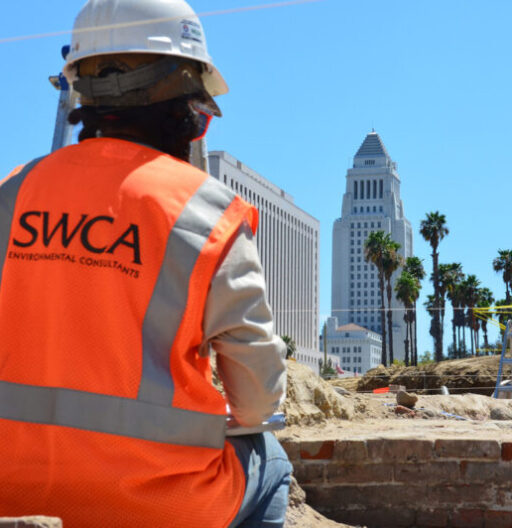
With a focus on the natural, cultural, and human environments, SWCA ensures that projects align with community needs while protecting environmental resources through comprehensive transportation planning and thorough environmental assessments. Our teams excel in developing strategic permit compliance frameworks and managing regulatory processes, ensuring projects adhere to environmental standards effectively and efficiently. Through detailed National Environmental Policy Act (NEPA) analyses and collaborative agency interactions, we streamline environmental reviews, addressing constraints and feasibility through detailed GIS mapping and in-depth alternatives analyses. Acting as the client’s environmental representative, our expertise extends to securing environmental compliance and facilitating smooth project approvals.
Sign up now to receive early access to our spring and fall NEPA workshops.
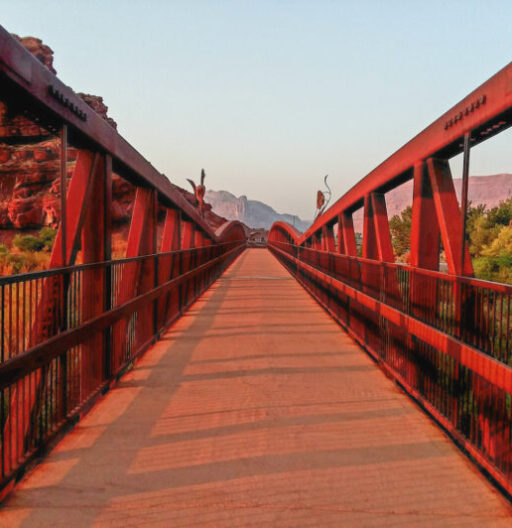
Matt’s expertise includes working on small to multi-billion-dollar alternative delivery projects, focusing on building environmental compliance management teams, developing integrated environmental management plans and implementation throughout the project’s lifecycle. Matt also has in-depth experience in environmental permitting, natural resource field surveys, and NEPA document compliance.

Kevin is the Client Services Vice President of Cultural Resources and an expert in the archaeology of the Southwest with a background in prehistoric technologies, faunal studies, and trade/exchange systems.

Dr. Brandon Gabler, Strategic Growth Director at SWCA, has more than 20 years of experience working on professional archaeological projects and more than 10 years of experience directing projects throughout the United States. During his career, Dr. Gabler has documented cultural resources in both academic (research-based) and contract (client-based) settings in the Midwest, Northeast, Southeast, Mid-Atlantic, Southwest, Great Basin, and Mojave Desert regions. His substantial experience with project management, agency and Tribal consultation, budget oversight, quality control, database development and management, data analysis, GIS data collection and analysis, and cartographic production have been instrumental in fulfilling client’s needs and project requests. His experience includes developing cultural resources best practices documents, increasing early engagement of cultural resources staff in the project development process, standardizing and centralizing administrative processes, enhancing technical capabilities, and developing protocol to improve safety, information technology, marketing, and communication. Dr. Gabler is focused on business growth in the upper Midwest and Great Lakes states and provides strategic direction for cultural resources projects and staff in the region.

Mr. Najvar joined SWCA in 2021 with more than 15 years of professional experience performing environmental analyses, preparing technical documentation, and managing projects. His experience includes conducting field investigations, consultation and coordination with federal and state regulatory agencies, preparing NEPA documentation, USACE Section 404 permitting, and project management. Mr. Najvar has also coordinated various types of projects for environmental compliance in accordance with Section 106 of the National Historic Preservation Act, the Endangered Species Act, and satisfying the environmental policies and requirements of TxDOT, the Federal Highway Administration, USACE, U.S. Fish and Wildlife Service, Texas Historical Commission, and Texas Parks and Wildlife Department. Clients have included federal and state agencies, municipalities, utility districts, energy companies, and private developers.

Subscribe to The Wire, SWCA’s quarterly newsletter that delivers the latest industry news, important regulatory updates, local events, and more straight to your inbox.